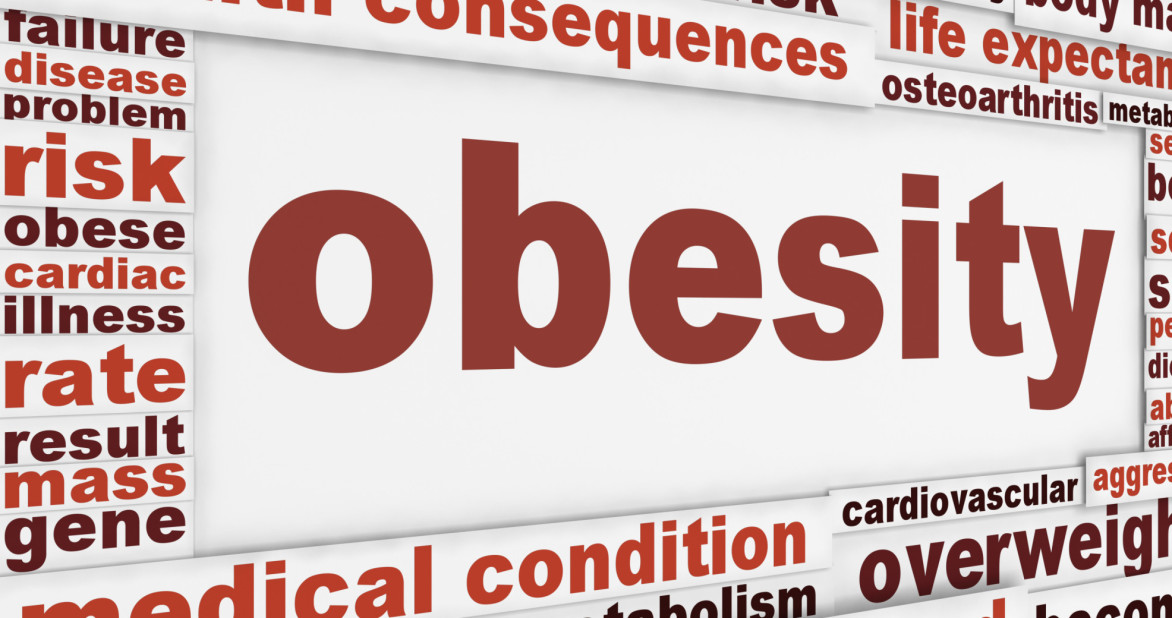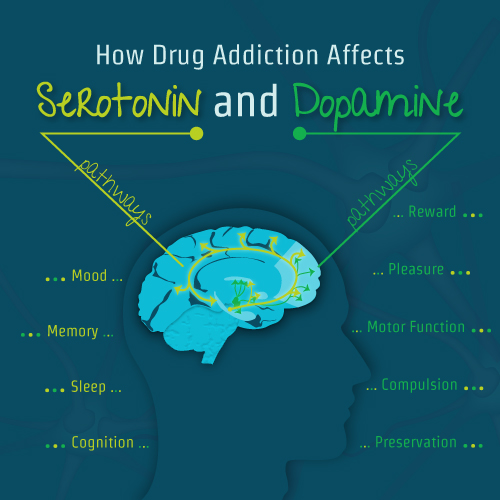Biochemical changes and health matters

Biochemical changes and health matters a lot in the establishment of a health weight
Biochemical changes and health matters: Linking stress and obesity
Over the past decades, many people have alleged without any scientific evidence that stress and obesity are linked together closely. This has been the running hypothesis for a very long time but, now scientific research is confirming by bringing forth proofs and evidence supporting this connection. Explicit biochemical changes appear to help in explaining this link and, the medical professionals understands these reasons better and are in a better position to address the prevalence of obesity epidemic facing U.S and beyond in the global space. However, doctor Dalal Akoury MD who is also the founder of AWAREmed health and wellness resource center agrees that the most disturbing aspect of the link between stress and obesity is that, it tends to be self-reinforcing. That is to say, very often, when people are stressed they may eat improperly and that may cause them to gain weight which can cause more stress thereby leading to even weight gain which you’re trying to fight off.
Biochemical changes and health matters: The biological connections
If you have been keen you must have realized that each time you’re stressed it is always a common practice that you will tend to crave comfort foods which are high in fat or sugar and researchers have established that specific hormones may play a role in this process.
Serotonin – reaching for fattening comfort foods during stressful times may be an attempt to offer self-medication. Consuming carbohydrates raises the body’s serotonin level and serotonin is the body’s feel-good chemical. It makes you feel better. Under normal circumstances, people under stress don’t make smart or healthy food choices. Very often their choices of carbohydrates are rich in fat, like muffins, pastries, doughnuts, and cookies which are not necessarily healthy foods.
Cortisol – researchers have also discovered that chronic stress can cause the body to release excess cortisol, a hormone critical in managing fat storage and energy use in the human body. Cortisol is known to increase appetite and may encourage cravings for sugary or fatty foods.
Neuropeptide Y. – recent studies also have established that the human body processes food differently when under stress. One study established that lab mice fed a diet high in fat and sugar added significant amounts of body fat when placed under stressful conditions while those mice fed a normal diet didn’t add as much weight despite the stress. This finding has been linked the phenomenon to a molecule called neuropeptide Y which is released from nerve cells during stress and encourages fat accumulation. A diet high in fat and sugar appears to further promote the release of neuropeptide Y.
Finally, from the facts listed above, there is no doubt that all the biochemical changes matter a lot in weight management and as a society, we have a duty to bring some serenity in the weight loss management. To that effect, doctor Akoury made a decision of establishing this medical center to help in transforming each individual’s life through increasing awareness about health and wellness and by empowering individuals to find their own inner healing power. Efforts like this are essential in containing weight gain prevalence and you can benefit from it by scheduling an appointment with her today for the commencement of your recovery program.
Biochemical changes and health matters: Linking stress and obesity
http://www.integrativeaddictionconference.com/wp-admin





